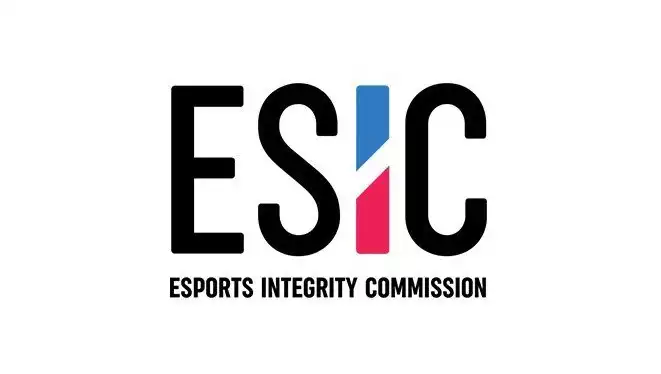It has been a busy six months for the Esports Integrity Commission, the regulatory body established in 2016 to combat professional esports cheating: in September 2020, it suspended three CS:GO coaches for using the spectator bug and launched an coaches, and launched an extensive investigation. Just a few weeks later, 37 more coaches were sanctioned; in October, seven MDL Australia players were suspended for betting on matches, and like the coaches, a second major wave of player suspensions followed in January 2021.
Through all of this, ESIC is also investigating allegations of match-fixing in MDL Australia and North America dating back to at least early 2019; ESIC explained in a September 2020 update that the issue is more serious and therefore taking longer to conclude.
"Investigations into match-fixing are complex and require significant cooperation between various international stakeholders, comprising betting operators, government agencies, law enforcement and industry players. Thus, complex issues often cannot be resolved quickly, and it takes a great deal of time, effort, and resources to complete an investigation into this type of fraud in an appropriate manner."
Indeed, while cheating in esports may at first glance appear to be little more than a boring children's pastime, ESIC Commissioner Ian Smith, in a recent YouTube interview with slash32, said that the FBI, yes, that FBI, is involved stated that the problem is serious enough.
The ESIC investigation has "two different elements," Smith said, the first focusing on Australian teams and players, "from Discord, from various chat logs, screenshots, player recordings, and a very long ban. We have corroborating evidence". The second element, however, involved a "relatively small but significant group of players" who were participating in a more organized match-fixing campaign in ESEA's MDL North American division.
"In North America it's more serious, what I would call classic match-fixing," Smith says. In other words, players are being bribed by outside betting syndicates to fix matches."
"And it's been going on longer, it's more organized, and to some extent we're working with law enforcement, the FBI, which has only recently established a sports betting task force within the FBI. They are good, but they are inexperienced because sports betting was not a big thing in the US until recently. So everyone is kind of finding their feet."
One has to assume that Smith was talking about the FBI's lack of experience in "esports betting": he conflates "sports betting" with "esports betting" elsewhere in the interview, a bit later in the segment, He stated that the FBI first attended an Interpol meeting on betting and match-fixing in esports in December 2019." That would have been their first encounter with esports."
In a follow-up email to PC Gamer, ESIC confirmed that they are working with the FBI, but clarified that this is not actually a new collaboration.
"We have strong ties with law enforcement internationally, frequently working with the FBI, the International Criminal Police Organization (Interpol), and the Australian Federal Police (VicPol, NSWPol, etc.)," said an ESIC representative. 'Cooperation with the FBI is not new; we do it all the time. It just hasn't received the attention it deserves."
The official did not disclose the exact nature or scope of the FBI's involvement in the investigation or when the FBI would complete its investigation. In an interview with slash32, Smith said he plans to release the results of the Australian investigation soon.
.

Comments